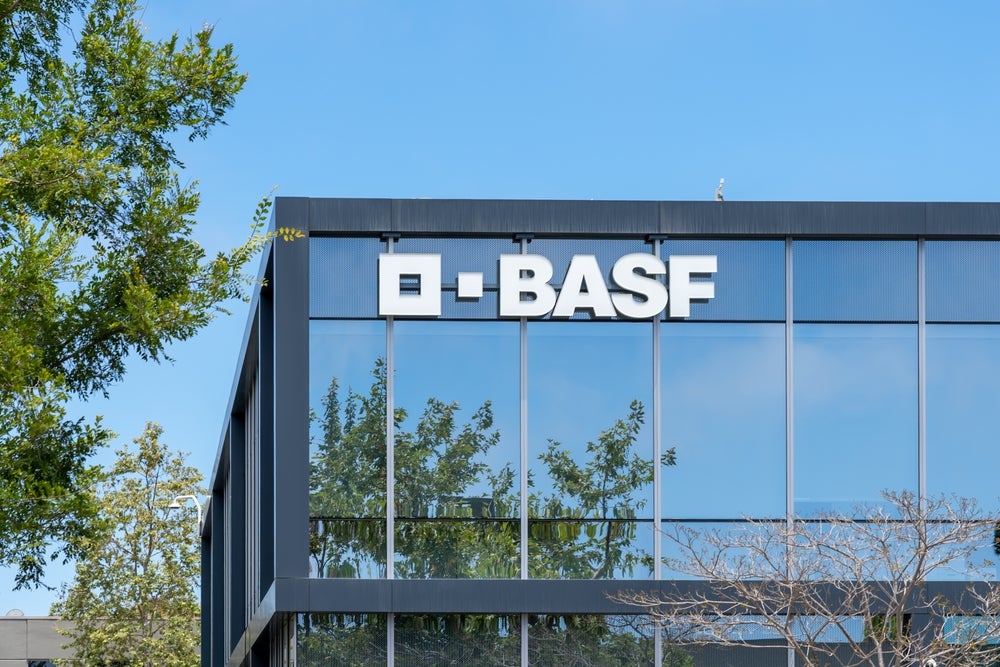
On 31 August, Turkey announced economic growth of 3.8% for the second quarter of 2023, but this good news was tempered with the news that economic activity would likely slow throughout the rest of the year due to hikes in interest rates and the momentum gained as a result of the re-election of President Recep Tayyip Erdoğan in May slowing.
More positive, however, are signs that the country’s foreign direct investment (FDI) star is on the rise after a bumpy few years. This comes as Erdoğan engaged in economic and foreign policy shifts after his victory, appointing a new finance minister and central bank governor, who seem more wedded to conventional economic policies, endorsing Sweden’s membership of Nato, building bridges with the West and requesting the restart of talks regarding Turkey’s prospective EU membership.
Erdoğan has also looked to increase the country’s ties with the Middle East, and the United Arab Emirates (UAE) and Turkey in particular have increased bilateral diplomatic and trade relations. In May, both countries ratified the UAE-Turkey Comprehensive Economic Partnership Agreement. Under the pact, both sides aim to increase bilateral trade to $40bn (Tl1.07trn) in the next five years. During Erdoğan’s visit to Abu Dhabi in July, Turkey signed several bilateral deals worth an estimated $51bn.
Overall, then, this seems to hint at a more outward-looking agenda from the president, and the early signs are that investors are looking at Turkey more favourably, with four big deals announced in mid-2023.
The first of the four deals saw BASF, a Germany headquartered multinational, announce that it was doubling its production capacity for water-soluble dispersants based on acrylic acid at its location in Dilovasi, in the Marmara region of north-west Turkey, with the introduction of a new production plant. This investment “aims to support BASF’s customers in the detergent, cleaning and chemical processing industry across Europe, the Middle East and Africa”, according to the company. The expansion is due to be fully operational by the end of the third quarter of 2023.
The second deal saw Australia-based Seawind Catamarans announce that it will open a production facility and European service centre in Izmir, a city on Turkey’s Aegean coast. The facility will be dedicated to producing the brand new Seawind 1170 in the European market. The newly appointed general manager for Seawind Turkey, Kivanc Kardes, said: “We continuously see the development of the marine industry in Turkey and we are proud to bring Seawind Catamarans to the region to be part of this strategic development for the company.”

US Tariffs are shifting - will you react or anticipate?
Don’t let policy changes catch you off guard. Stay proactive with real-time data and expert analysis.
By GlobalDataIn the third deal, US-based motor and generator manufacturing company WEG has announced an expansion of its eastern Europe and south-west Asia operations with the opening of a new 7,000m² electric motor plant, also in Dilovasi. The facility will be used to provide technical support for customers and to assemble products.
Finally, Germany-based fasteners and industrial processing systems manufacturer Böllhoff has announced it will open a factory in Izmir. The facility will cost Tl600m and will be operational by June 2023.


